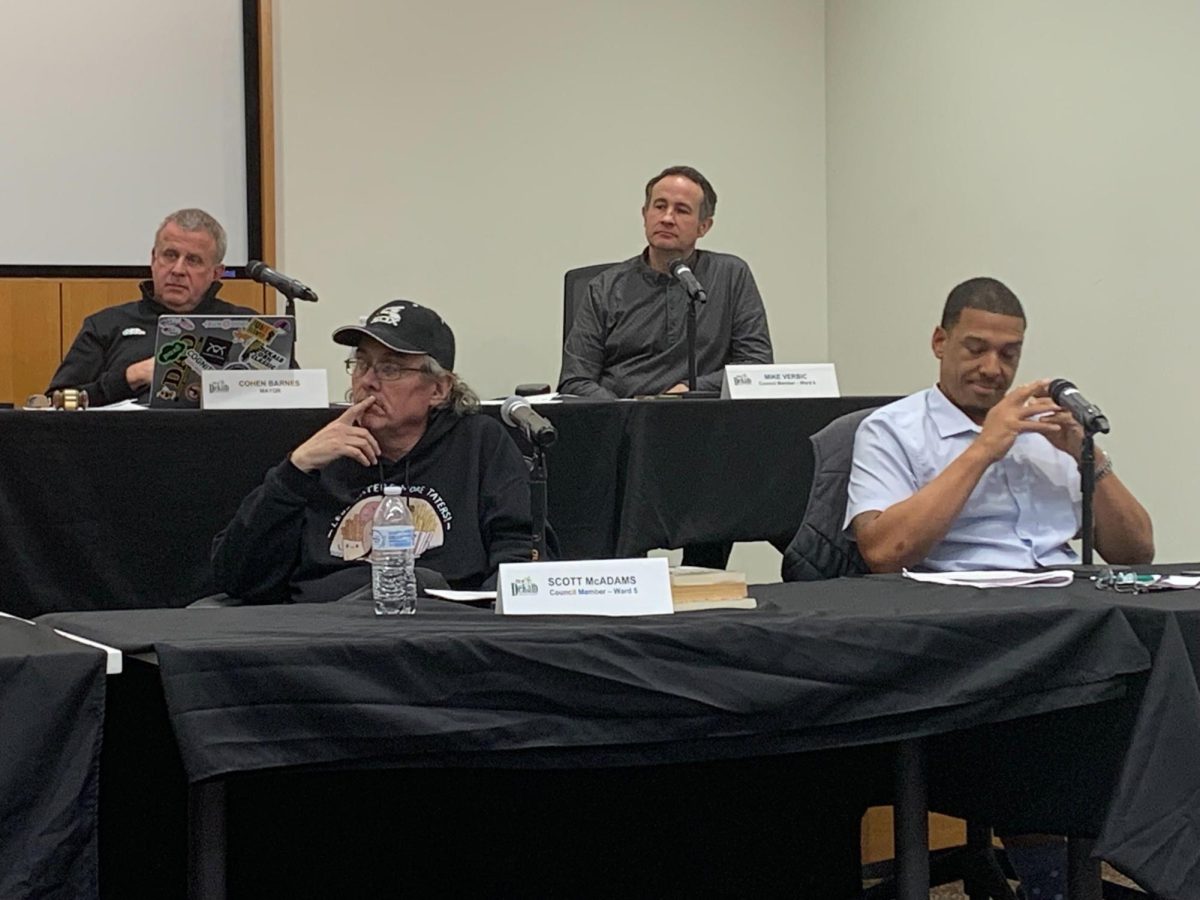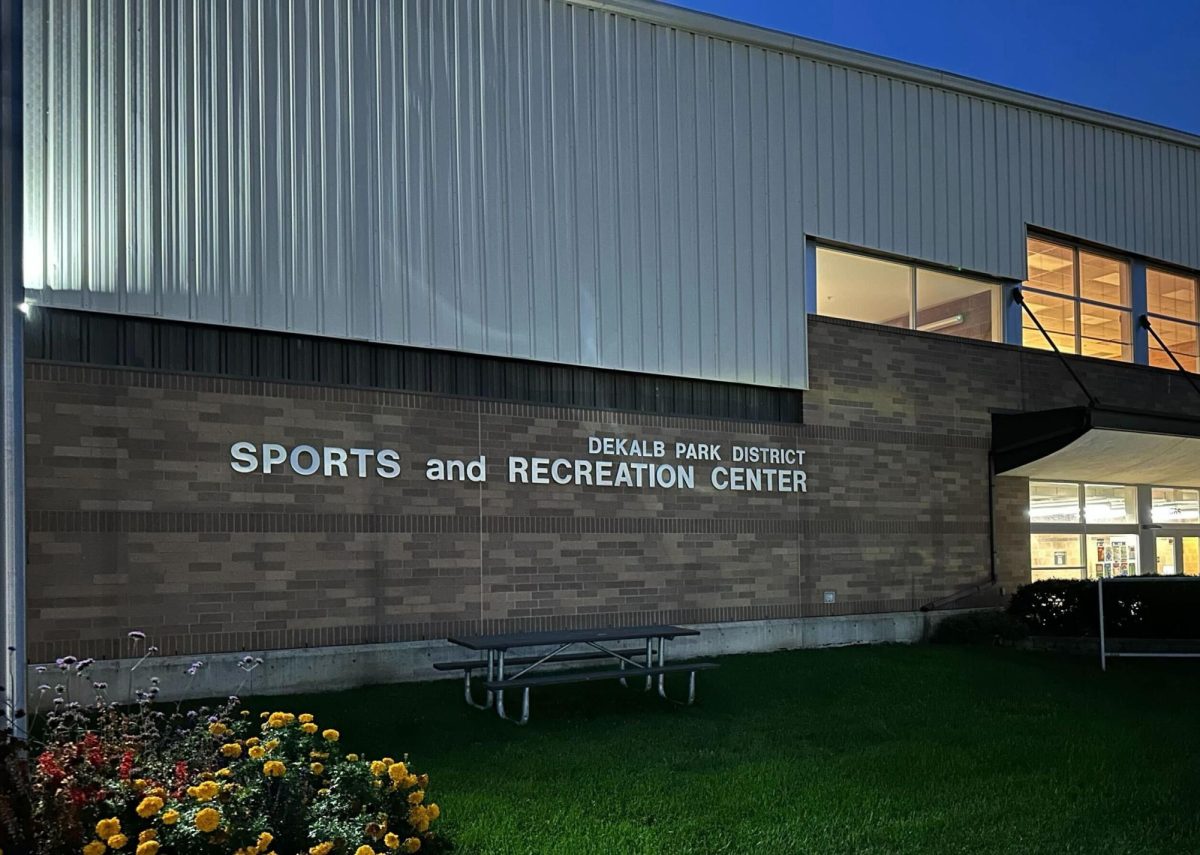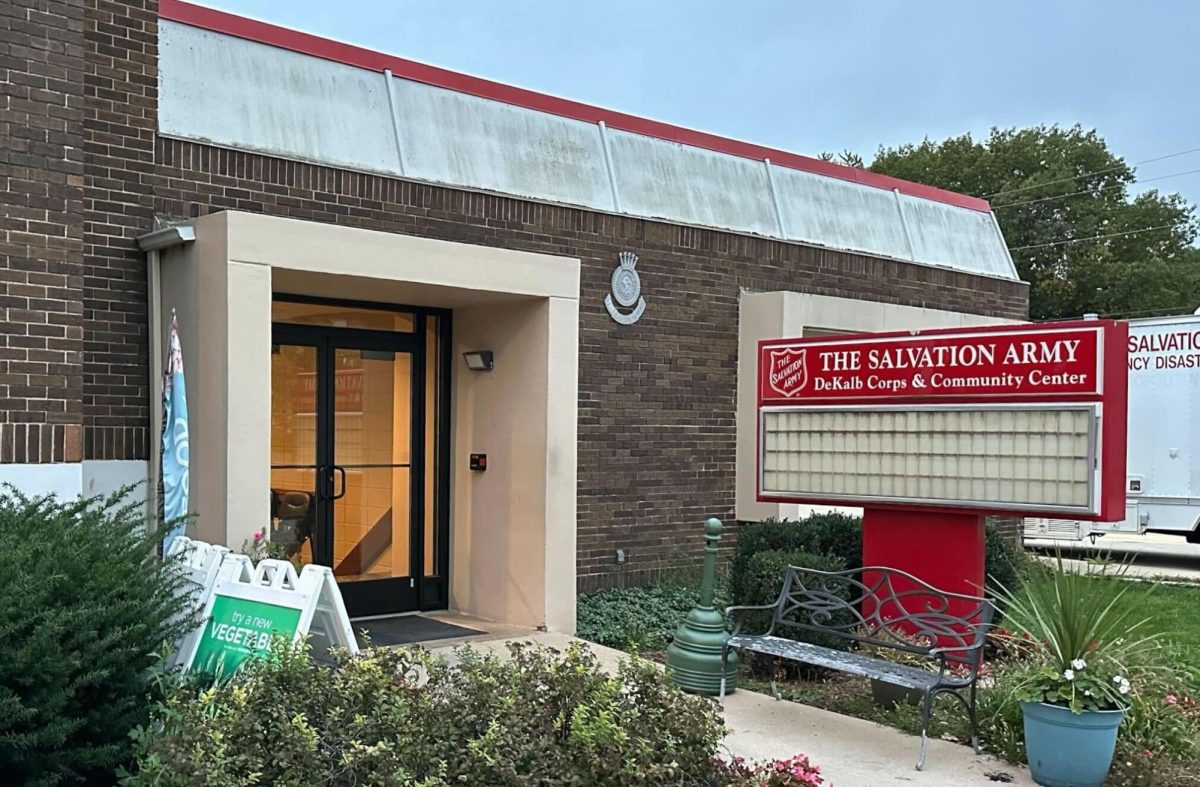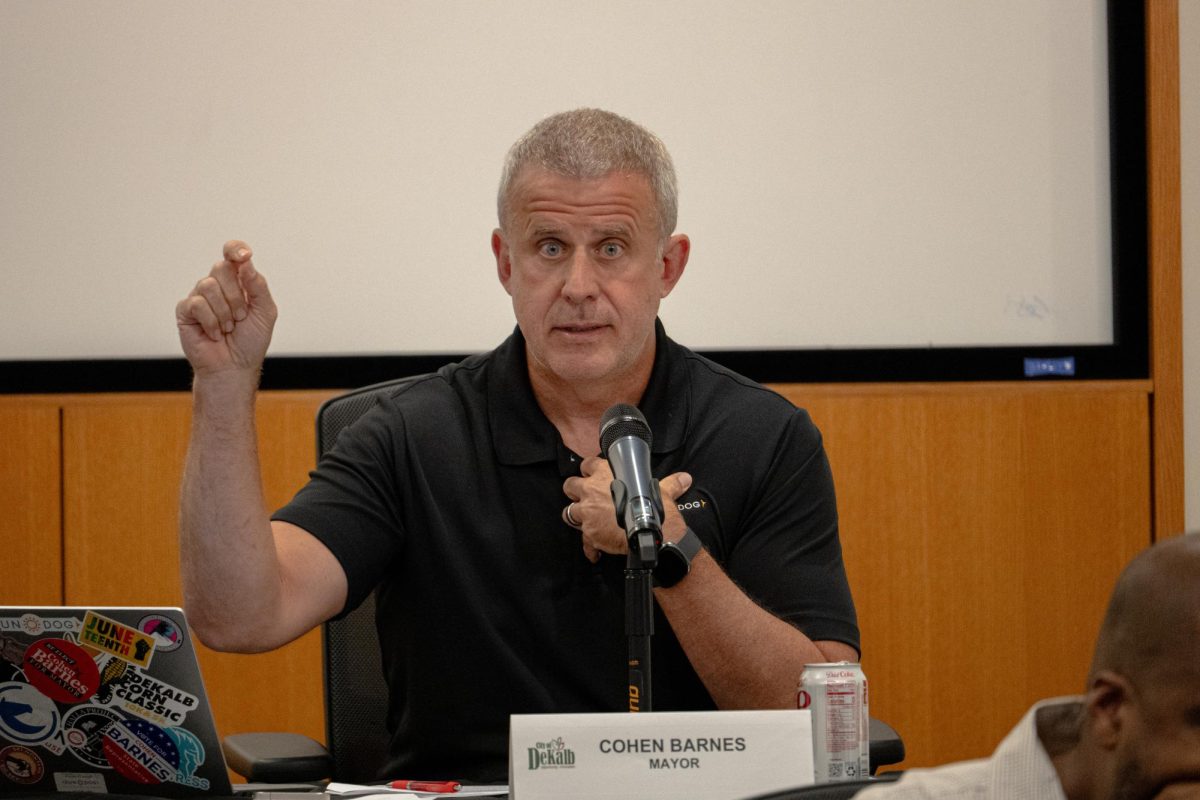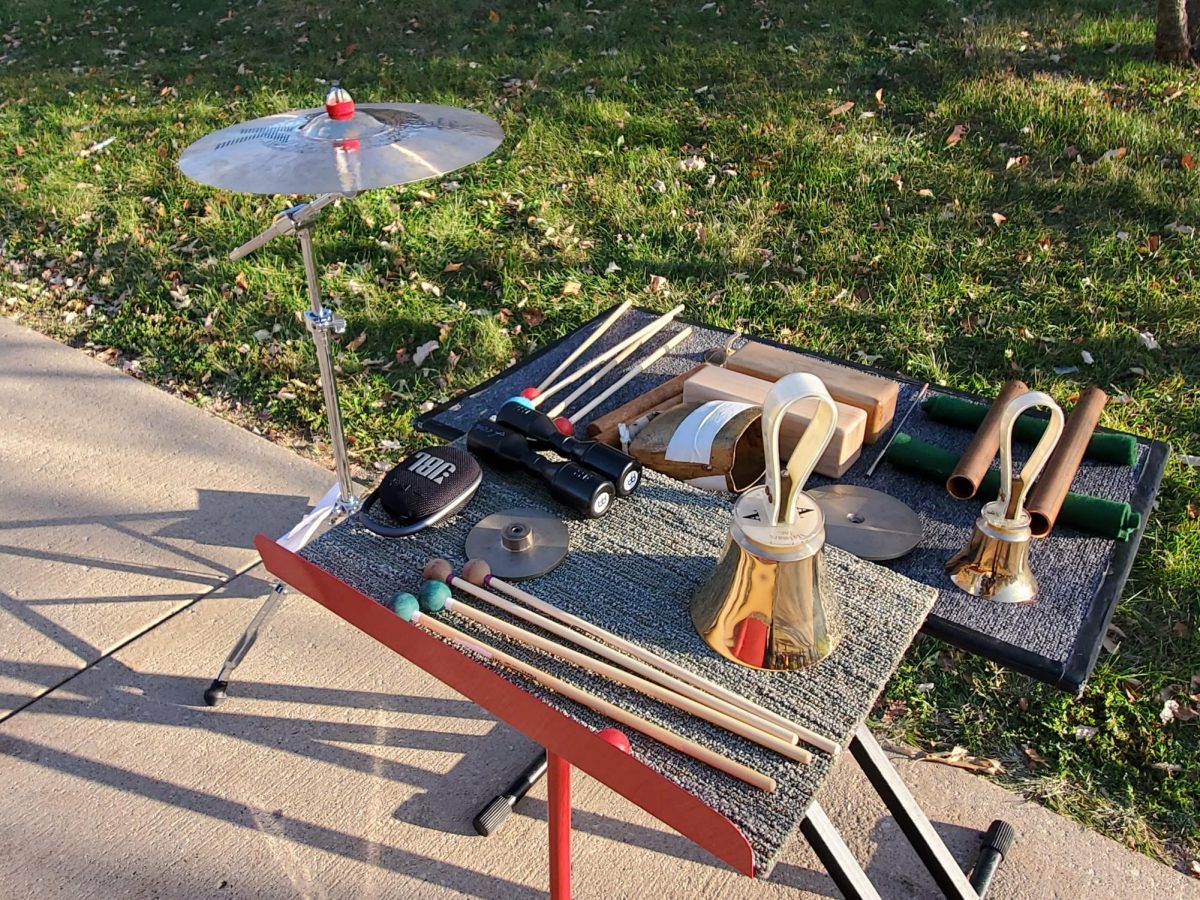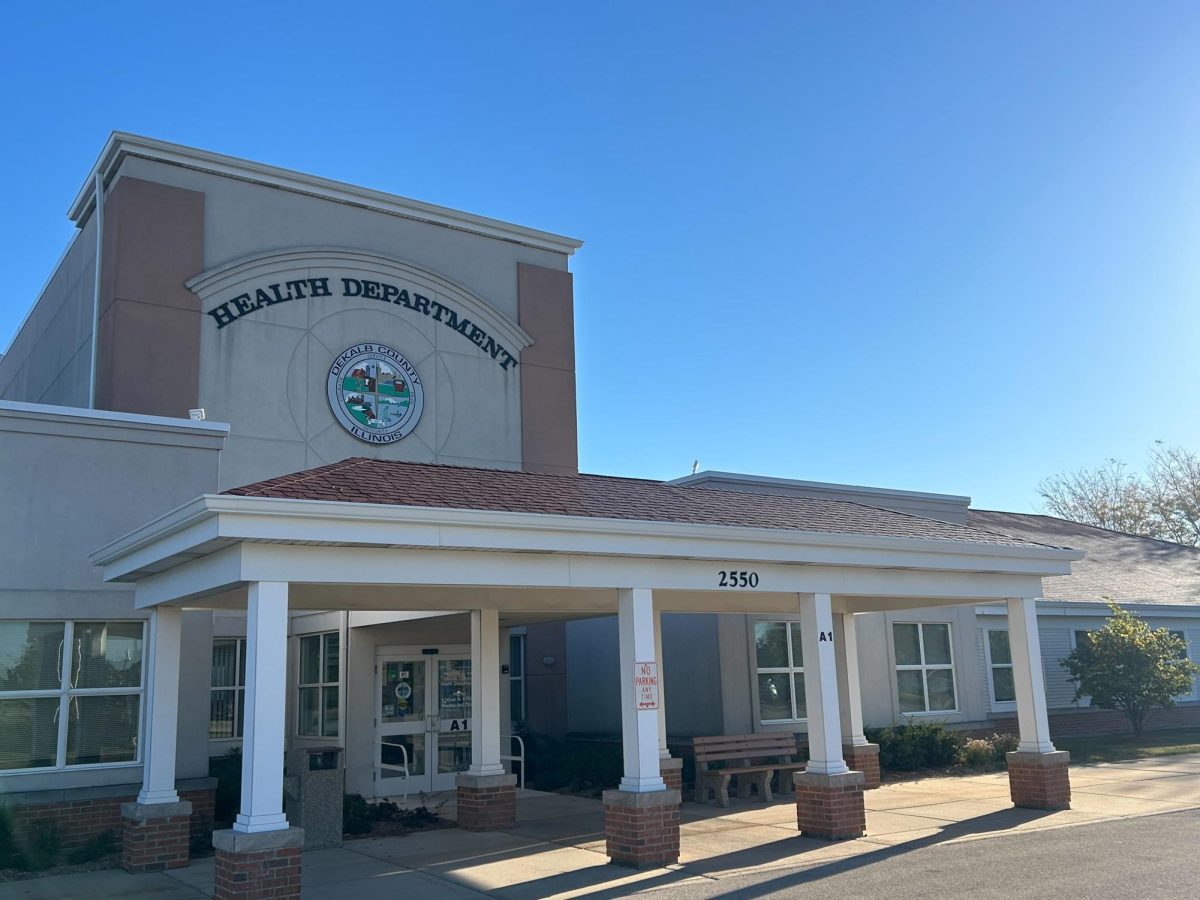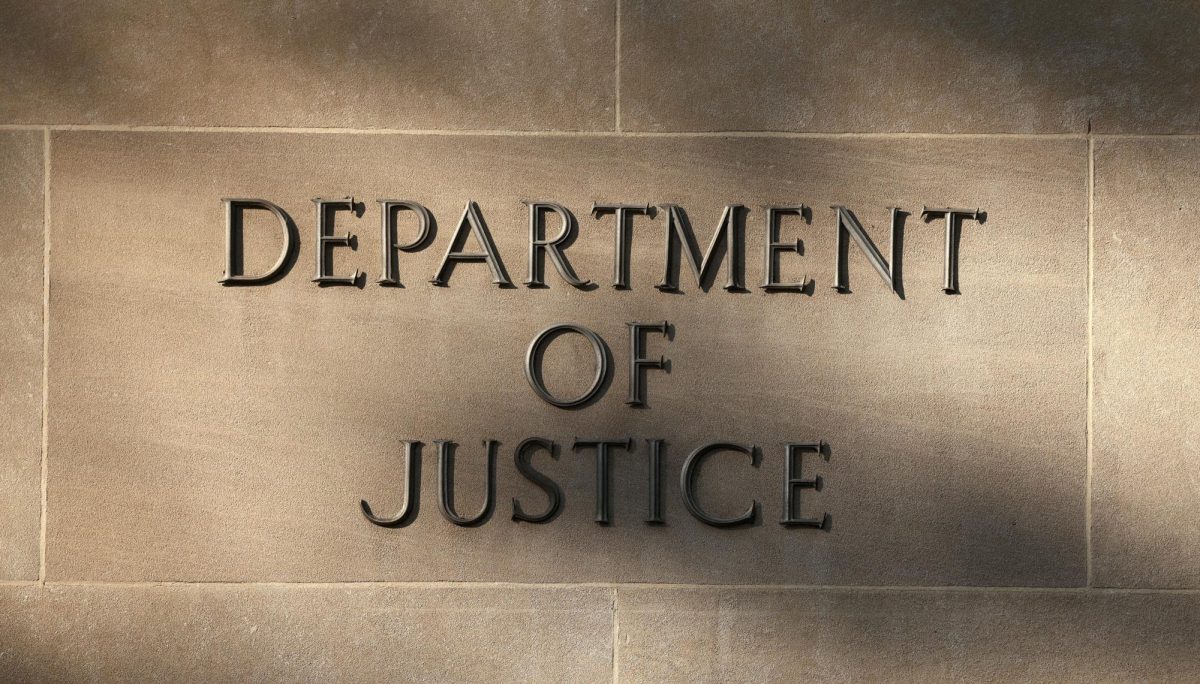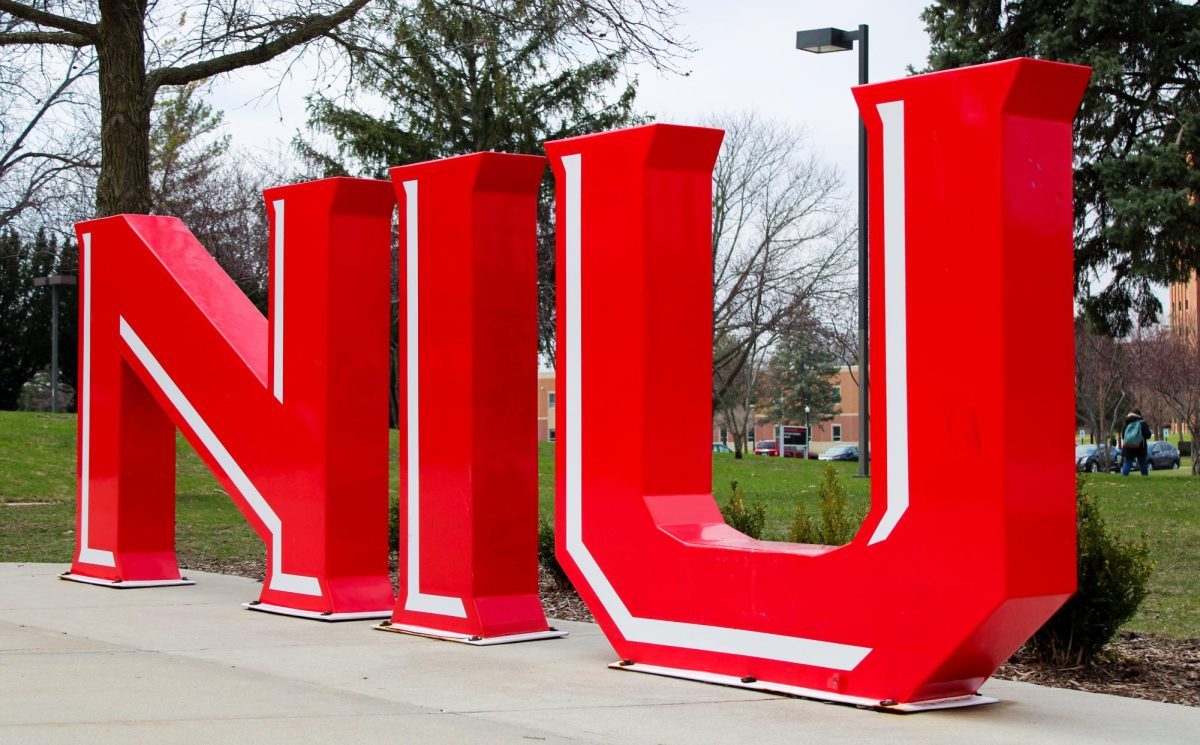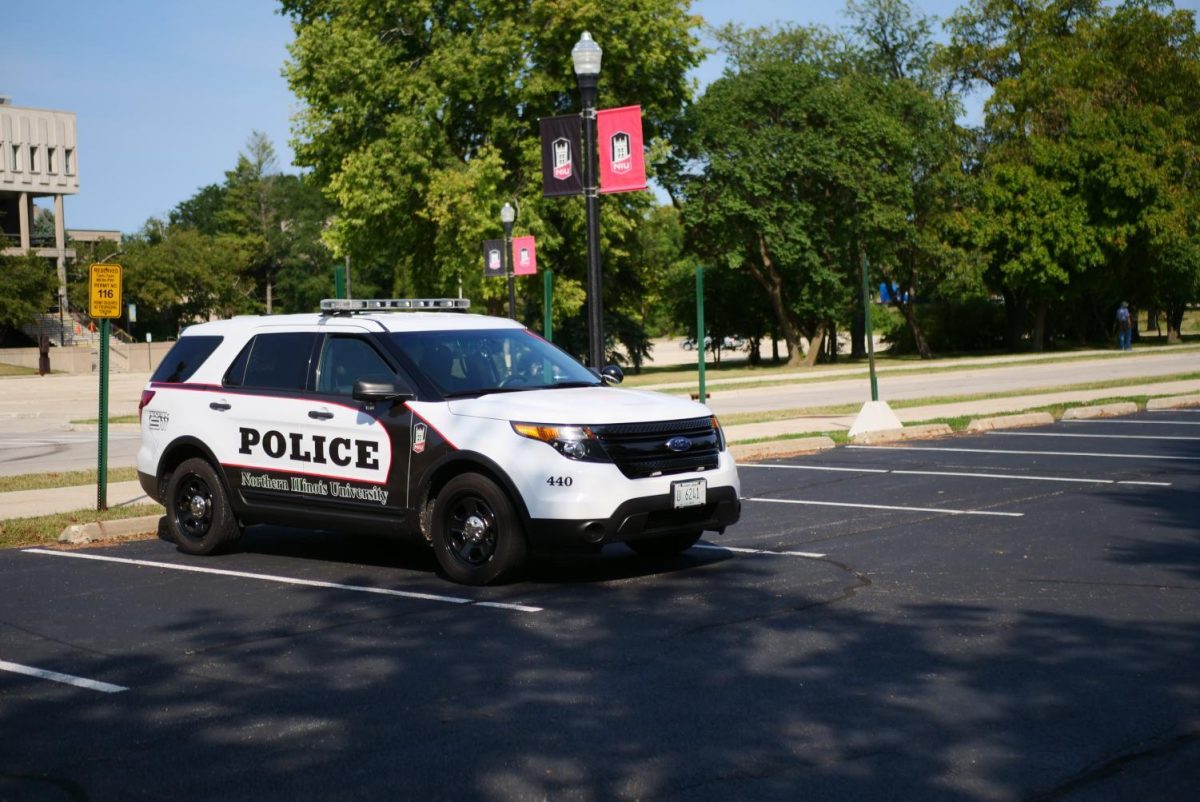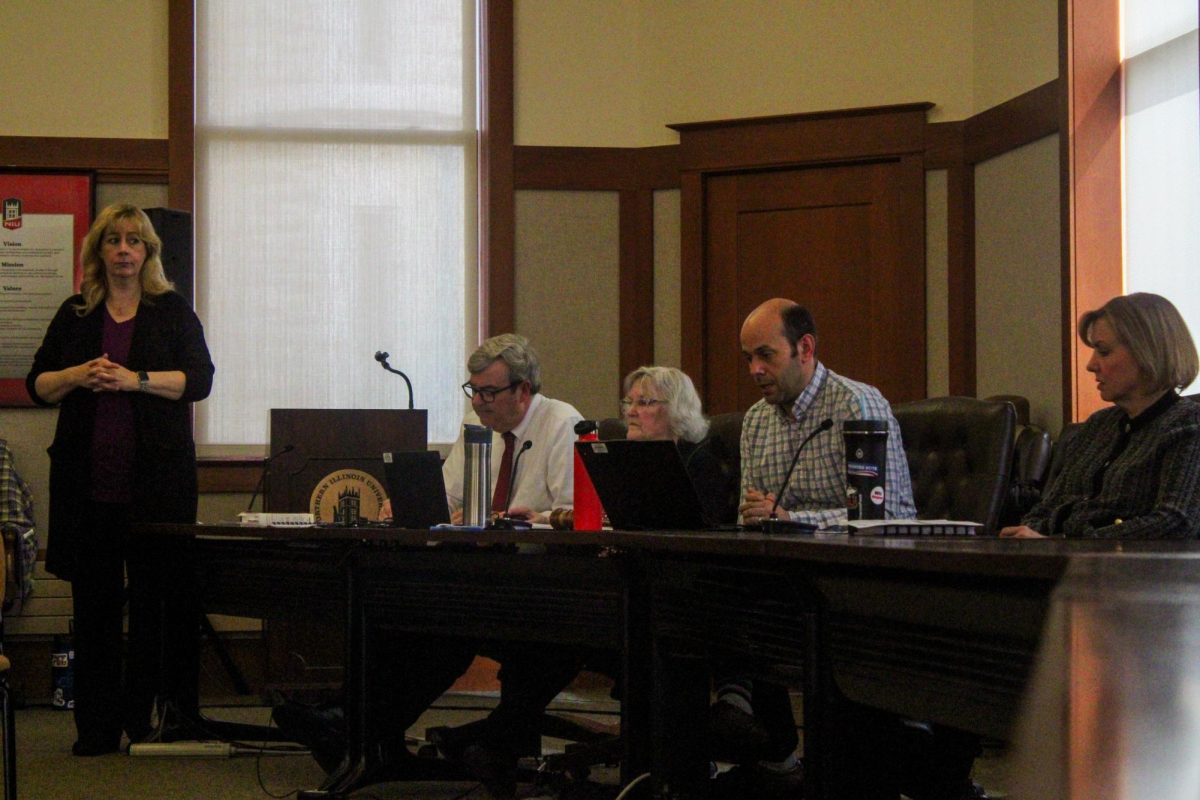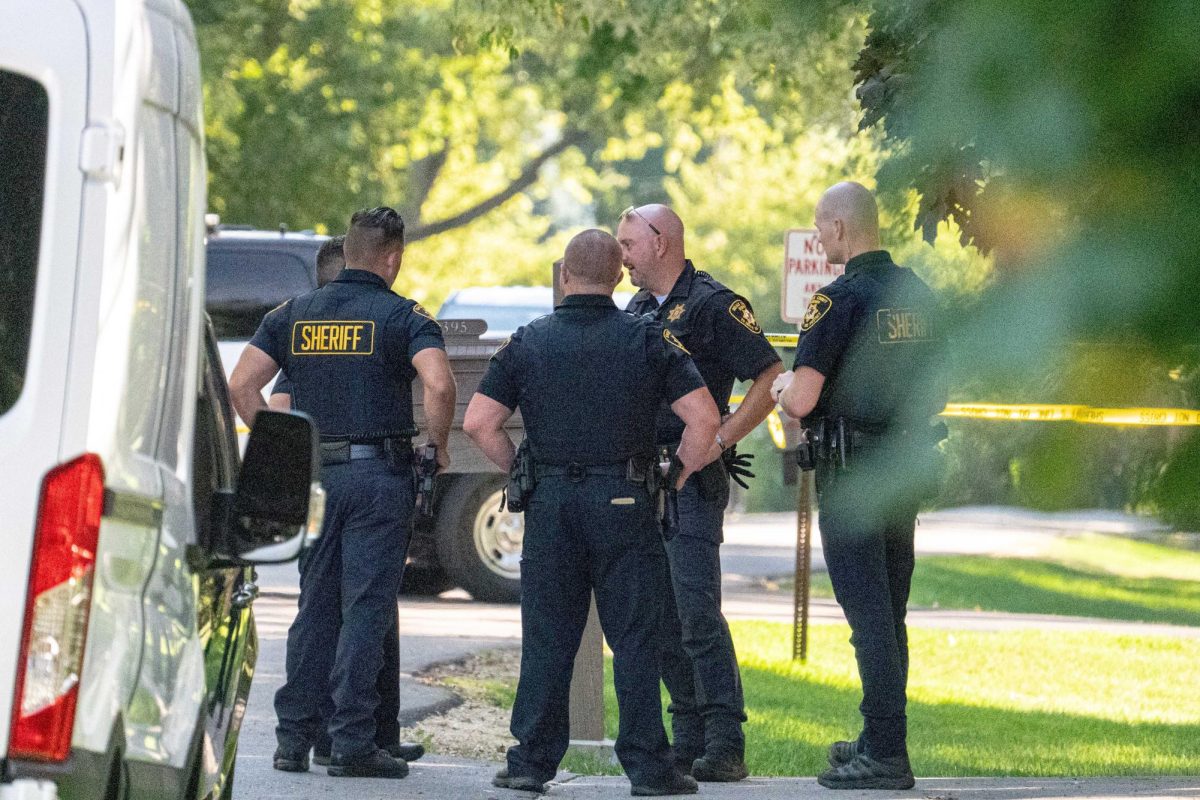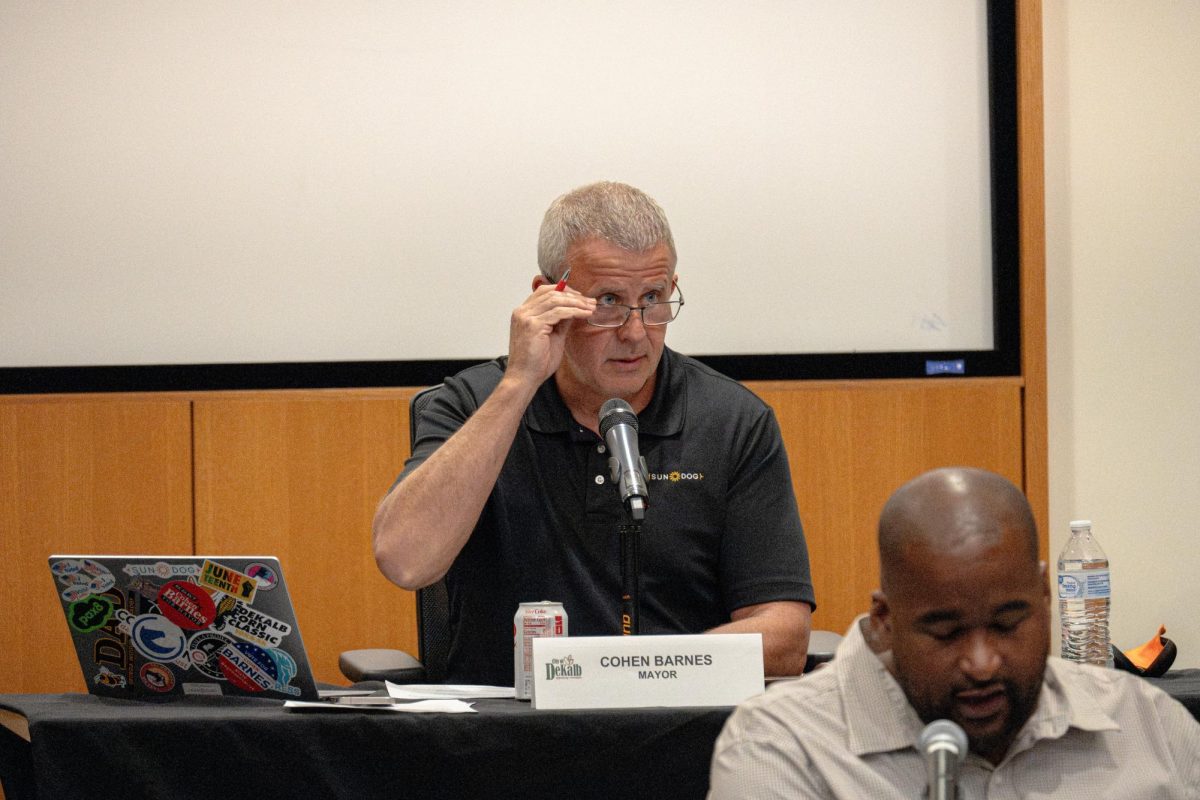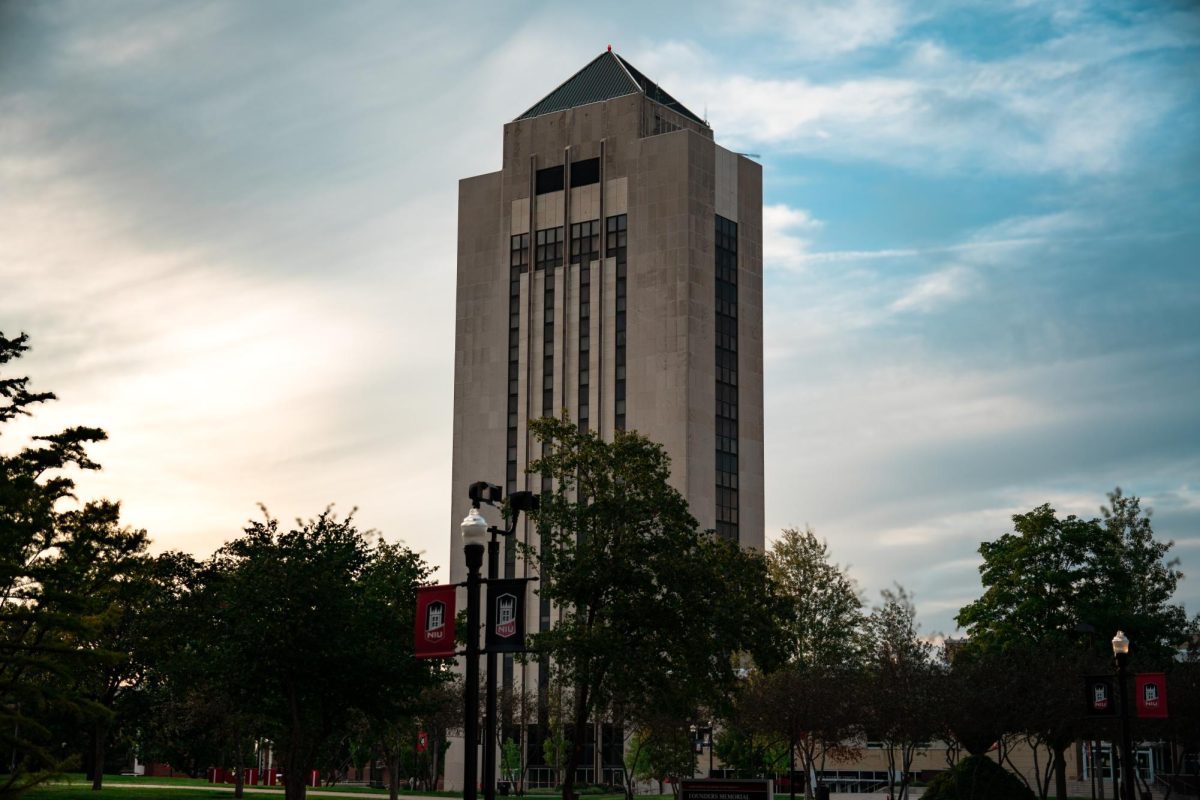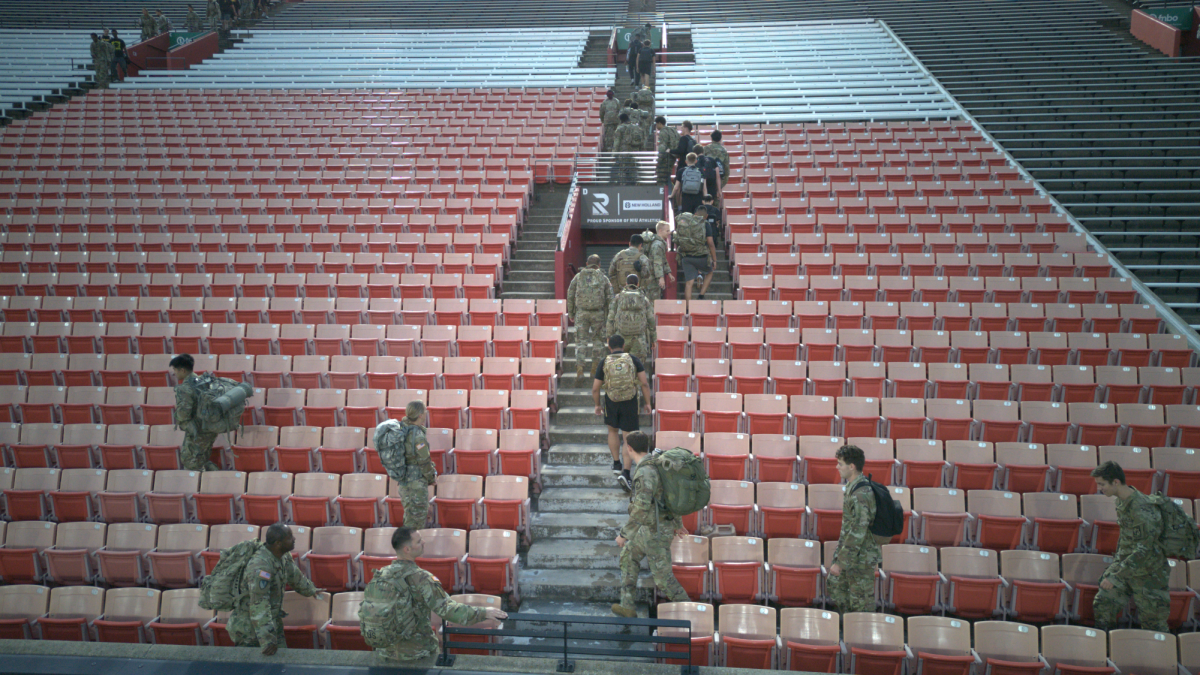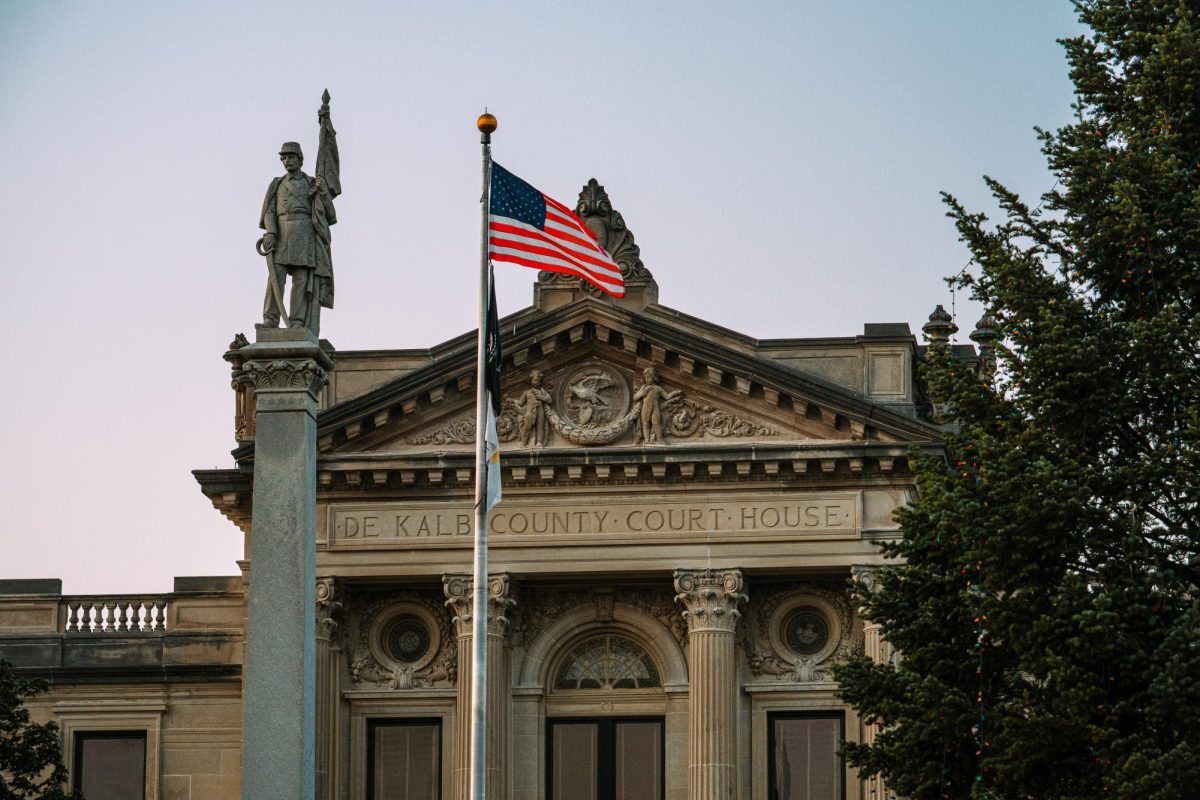DeKALB – Outrage and disappointment erupted from City Council members after a discussion regarding the legitimacy of deterring “nuisance gatherings” invoked speculations of possible discrimination, which challenged its expected approval.
The City Council meeting Monday started in awkward spirits after a recess was called within minutes of public participation.
The council clarified that criticisms toward any member of the board or city would not be tolerated before public discussion, on account of slander occurring at past meetings with no repercussions.
A frequent speaker, who remained anonymous on the form required to publicly participate, violated the rule immediately, causing the board to take an emergency recess during her speaking time.
The board re-adjourned after the individual’s three allotted minutes were completed.
“Nuisance gatherings” are the edited version of “nuisance parties” from the city’s municipal code regarding misconduct occurring from an individual or all members of a gathering or party of three people or more where a misconduct takes place. The “pop-up” party usually involves a large number of vehicles that might obstruct the flow of traffic on public streets as well as resident or customer traffic in private parking areas.
The changes to the ordinance involved certain offenses to be individually stated. For example, the individual restating of “public disturbances, brawls, fights or threatening verbal quarrels,” are now listed as items including “assault,” “battery” and “fighting.”
Notable offenses were added, including the unlawful carrying or discharge of a firearm or weapon, unlawful noise in public spaces and graffiti defacement. Additionally, a $200 increase was added to the previous fine of $300 for individuals who committed any of these offenses.
Mayor Cohen Barnes noted public complaints he received that pushed for the revisions. Tenants and parents of children who attend the local dance groups in the downtown area, reported they felt intimidated from the gatherings occurring in nearby parking lots.
“We’ve had multiple fights back here that we’ve had to respond to,” Barnes said. “We’ve had a shooting recently that just happened back there. So this is really just trying to make sure we give our officers a few more tools.”
Additionally, Barnes noted the practice had created an increase of litter within vehicle lots of specifically “shorties” which are empty plastic alcohol bottles for 1-ounce alcoholic beverages.
Seventh Ward Alderman John Walker refuted claims the DeKalb Police Department needed more “tools” to stop the issue. He instead voiced the changes would only target and incriminate black youth.
“I am sick and tired of these innocent black kids, young men, because I got three of them, getting harassed because the police have an extra tool in a toolbox that they don’t need,” Walker said.
Language providing context in the agenda and the aldermens’ discussion indicated young adults or teenagers were the prime perpetrators, but the possibility of minority groups becoming victim to the changes led the debate.
First-ward Alderwoman Carolyn Zasada shared a similar concern that the ordinance would incidentally target minority youth groups which led to her voting against the first reading along with 6th Ward Alderman Mike Verbic.
Other aldermen including 2nd Ward Alderwoman Barb Larson argued neglecting the purpose of the amendments neglected the affected parties who voiced their concerns in the first place.
The discussion also considered a tabled ordinance that would have allowed for an “entertainment district” that would permit the enjoyment of alcoholic drinks within a designated area of downtown DeKalb. Individuals 21 and older would be permitted to drink from special cups from participating licensed bars and restaurants within the area from 5 p.m. to 10 p.m. on Fridays and Saturdays.
The district would extend from Franklin Street to E. Locust Street and be boxed in between North and South First Street to venues on either side of South Fifth Street.
Walker went on to pressure Police Chief David Byrd to answer if DeKalb police officers were awarded by the number of tickets they issued. Byrd acknowledged that officers were only given awards based on their performances, but that there was no “quota” officers needed to meet. Despite the response, Walker repeated the phrase “I don’t believe your word,” to Byrd as he explained himself.
City Manager Bill Nicklas interrupted the council after nearly an hour of debate arguing the validity of the degree of intoxication and offense that an officer would have to arrest a “targeted” individual.
A vote of 5-3 led to the passing of the ordinance’s first reading with Barnes emphasizing that the second reading would be thoroughly reviewed before the next discussion.
The ordinance’s passing still angered Walker who threw an empty water bottle behind the council and stormed out of the room following its approval.
BUDGET UPDATES
Along with the amendment approval, the city agreed to a one-time transfer of $1 million from the General Fund Reserve to fund three projects.
A new fund of $50,000 called the Emergency Assistance Fund will be set aside to help local social service agencies aiding asylum seekers with legal status. The funds will go toward providing emergency housing, food and other essential services for legal migrants entering DeKalb.
An amount of $900,000 will fund asphalt street resurfacing and any further street improvements while $50,000 will be devoted to expedite the finalized construction and inspection of the Lucinda Bridge Project.
Amendments were made to DeKalb’s fiscal year-end Dec. 31, 2024, budget to address discrepancies in the former budget equaling a net change of $211,125.
The changes were due to two purchases that remained uncompleted from the previous year and will be billed for the 2024 budget instead which includes the construction drawings for DeKalb’s fourth fire station and the purchase of two staff vehicles.


